In the distance a snow-covered Mt Ararat was visible, its grey stones a reminder of the countless victims of the “Great Evil” (Metz Yehghern) that ruthlessly decimated the Armenian people a century ago.
Pope Francis’ homage at the Tzitzernakaberd memorial in Yerevan was sealed by the heart wrenching melody of flutes. A terrifying extermination, which just hours before his visit to the monument, in the presidential palace, the Pontiff had defined as a “genocide”, sharply articulating the word. It was a genocide from which, he recalled, the great powers looked the other way away, as then occurred in the other two major exterminations of the last century, perpetrated through Nazism and Communism.
It is important to build upon this memory today, without watering it down or forgetting it, because it is the source of peace and of the future, as the Pontiff noted, signing the guest book after praying at the monument where an eternal flame burns. Those heartfelt words summed up the significance of the visit through which Francis, who was hosted in Etchmiadzin by Karekin II, once again paid homage to the Armenian people and reinforced the ecumenical dialogue with the Apostolic Church which has grown particularly in recent years, also with the exchange of visits.
Thus, a memory on which to build the future, in search of peace. Memory, indeed was indicated by the Pope as the foundation of this building, along with faith and merciful love, in the homily during the Mass celebrated in Gyumri for the small Catholic community: both personal memory and also that of the people; a faith which does not belong to the past but which is constantly “born and reborn from a life-giving encounter with Jesus”; a love that tirelessly seeks to find paths of communion and create bridges of unity in order to overcome division.
The Pontiff’s first gesture upon his arrival was a visit to Holy Etchmiadzin, where he prayed with Karekin II along with the bishops and faithful of the Apostolic Church. Christ is the sun of the Armenian people, the Pope said, recalling that at the beginning of the fourth century the country was the first nation to be declared Christian, in anticipation of the decrees of tolerance that emanated in the Roman Empire after the last great persecution. Faith in Christ, Pope Bergoglio added, is not “a garment to be donned or doffed”, but rather “an essential part of its identity”: a gift to be accepted and preserved, as the Armenian people have done over the passage of time and even at the cost of the “eloquent and holy sign of martyrdom”.
The world waits for Christians to bear witness to fraternity and for this reason the ecumenical journey has now taken on an “ exemplary value” even beyond the confines of Christianity. Indeed, it calls for constant “appreciation for all that unites us” and prevents the “exploitation and manipulation of faith”. This same appeal resonated from the Pope with even greater emphasis in the address he then delivered in the presidential palace. It is in fact of vital importance that men and women of faith “join forces to isolate those who use religion to promote war, oppression and violent persecution”, which exploit and manipulate in the holy name of God.

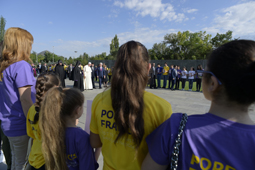
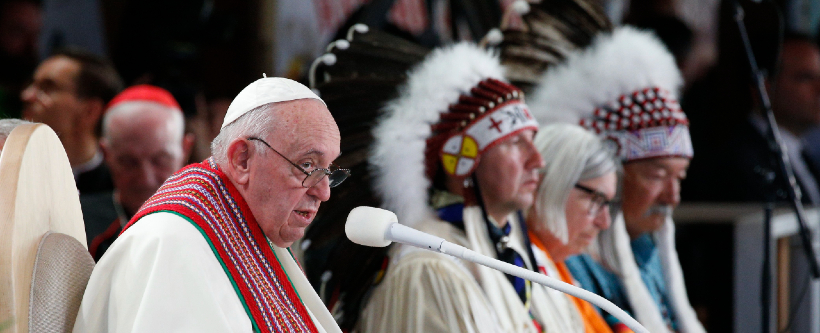
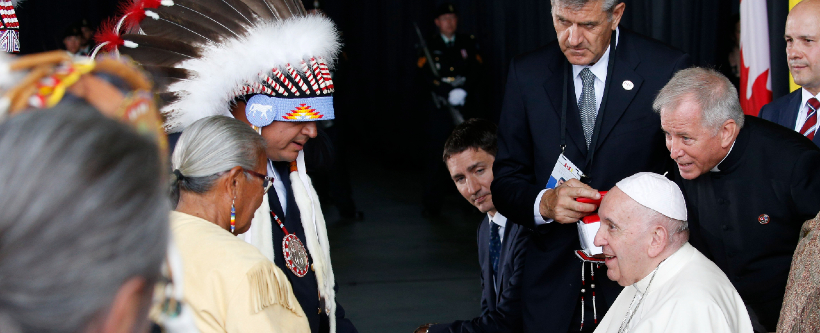
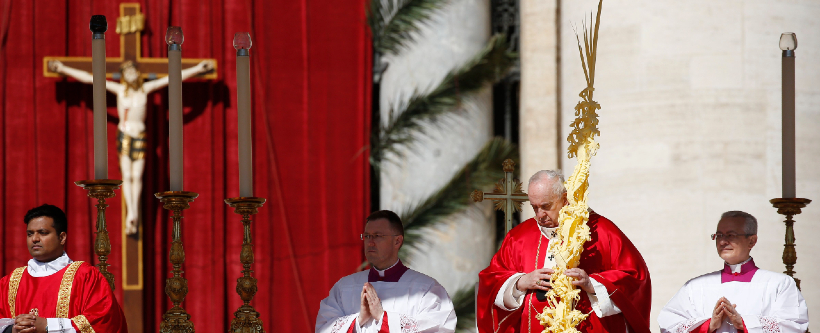

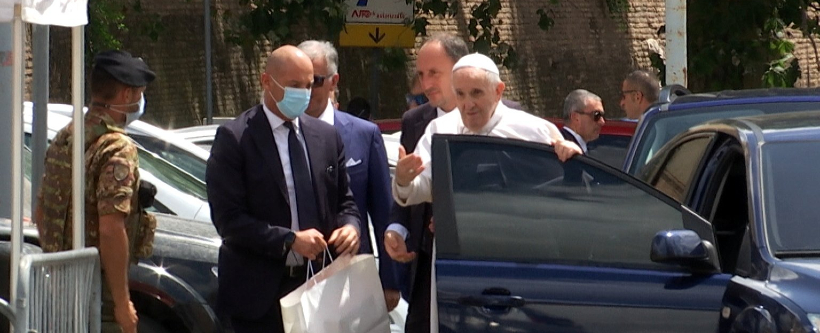
Facebook Comments